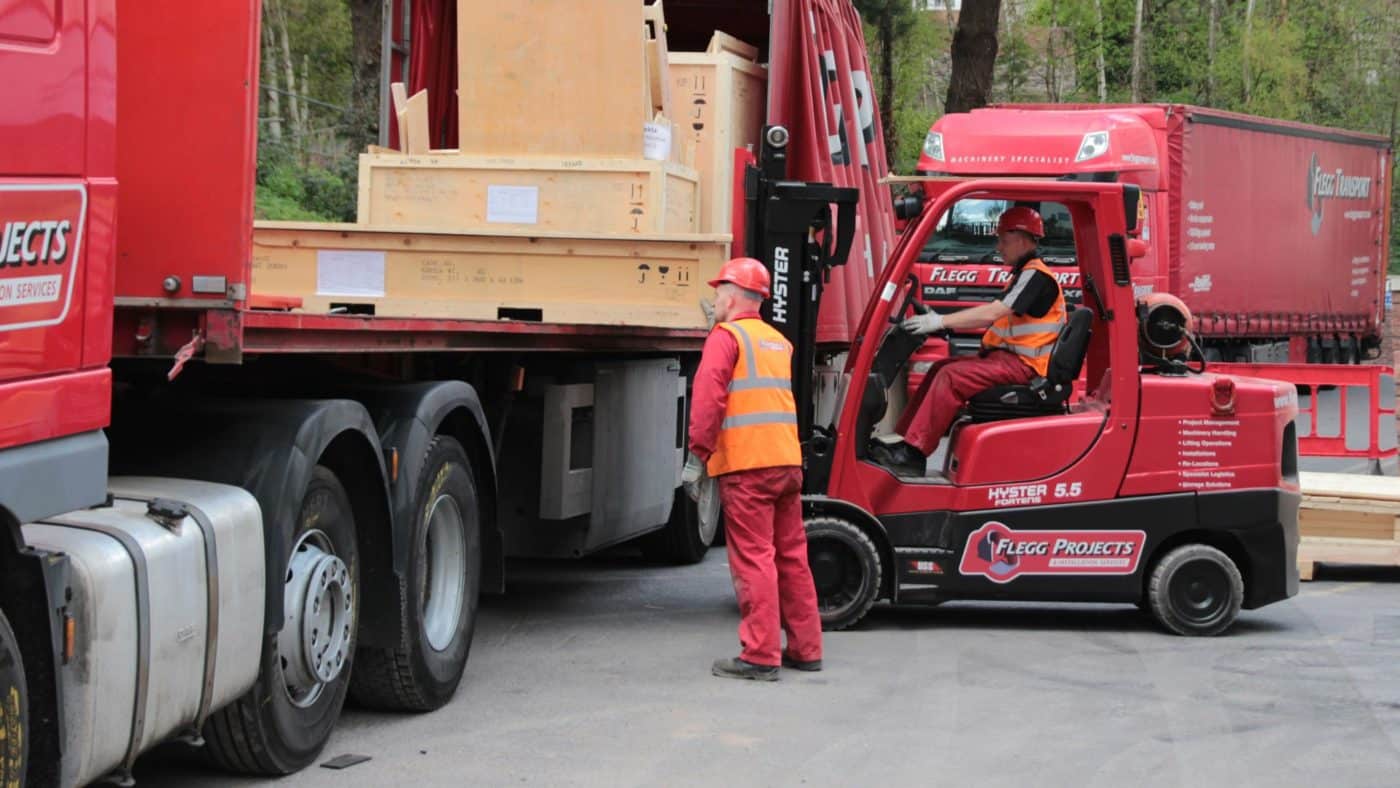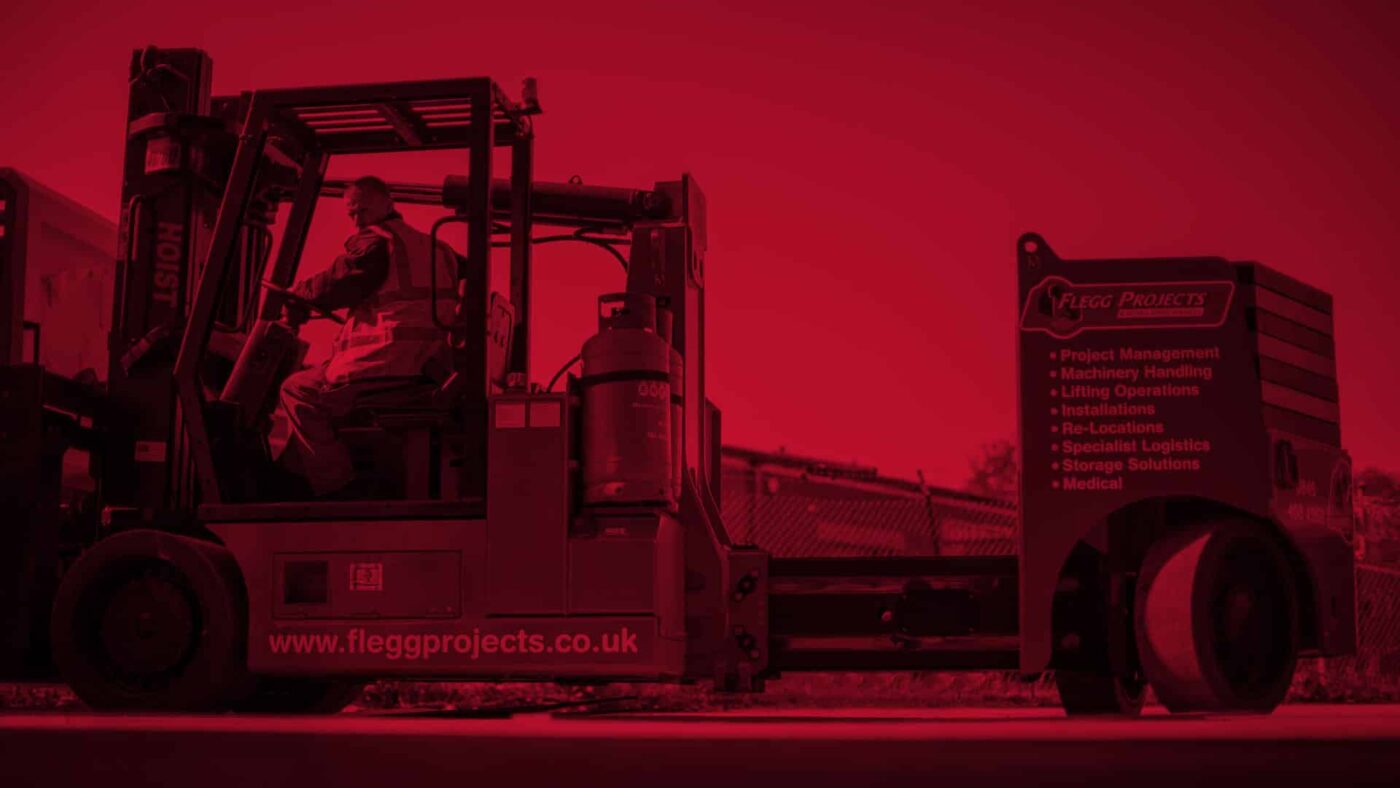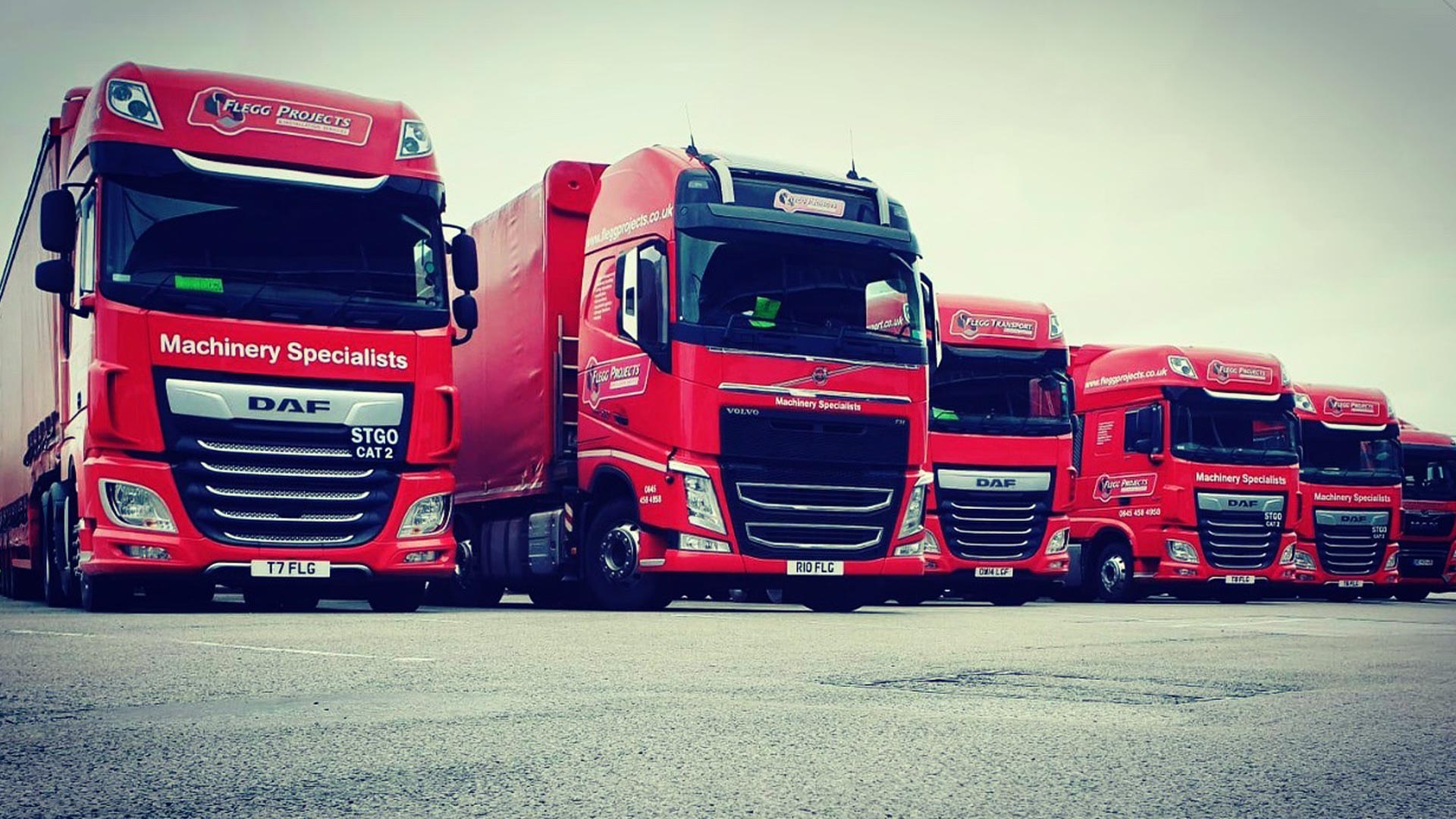How will Brexit impact shipping heavy machinery
12 December 2020

Almost everyone in the logistics industry knows that things are about to change. While transportation will be impacted when it comes to everything from supplies and smaller items, Brexit shipping will also impact heavy machinery coming into and going out of the UK.
Now, the government just has a short time left to negotiate any agreements and set permanent standards for the future of the logistics industry. Unfortunately, it appears those decisions will be made at the last minute, leaving many businesses who depend on the industry scratching their heads and trying to figure out the best ways to keep moving forward.
So, what can we expect?
It depends on the type of business you have and what your heavy machinery shipping needs are. Let’s break it down a bit futher.
What If You’re Relocating?
If your business is making a relocation, how things change will depend on whether you’re staying in the UK or moving to the UK from the EU (or anywhere else).
If your business is currently in the UK, you should be able to carry out projects without any additional tariffs. This is true as long as you’re not importing any new heavy machinery.
If you have a business that is located anywhere else in the world and you’re relocating to the UK, it’s important to be as educated as possible on the shipping regulations, as well as the documentation you’ll need to relocate your equipment.
If you don’t own your machinery, it can still be transported with all of the proper customs documentation and delivered to your new location. But, it’s important to be compliant with any/all legislation in different countries where freight transportation is being used, as well as the area where the machinery is being installed.
What if You’re Buying New Heavy Machinery?
Thankfully, it’s unlikely that much will change when it comes to Brexit shipping on new heavy machinery. Changes to the economy may have an impact on the overall price of the machinery itself, as well as negotiations on shipping. But, if you’re buying from a manufacturer based in the UK, you shouldn’t have to worry about much being different.
If you choose to buy a piece of equipment from a manufacturer in the EU or anywhere else in the world, it’s important to make sure you’re aware of the payable duties that will undoubtedly be a part of the negotiation process. Consider exchange rates in these negotiations, as they can be a huge factor in your ultimate decision.
The use of storage facilities is becoming more common at the moment. At Flegg, we have seen a mad rush to import stock. That’s causing some delays at the moment, but it could also lead to a period of less demand. We are happy to offer short-term storage solutions to our clients to hold stock or to give them temporary transit solutions.
Changes to Health & Safety Regulations
Many people are wondering about changes to health and safety regulations as they relate to Brexit. These concerns have become especially important in light of the COVID-19 pandemic. As of now, we don’t expect any major changes as the health and safety regulations already put in place by the UK hold companies in all industries to very strict standards.
Any changes that do occur aren’t likely to have a huge impact on shipping heavy machinery. But, negotiations may continue as COVID-19 has seen some resurgence in certain areas. Long-term solutions to keep workers in these industries safe may end up being in the spotlight more than what was first anticipated. We plan on keeping all of our clients well-informed of any changes to health and safety regulations while holding ourselves to the highest standards, as well.
What Will a No-Deal Outcome Mean?
Unfortunately, we don’t yet know what January 2021 will bring, or the changes that will need to be made here at Flegg or in the shipping industry, in general. We do know that we are keeping our goals and our plans as transparent as possible for our clients.
Some industry leaders believe that we’re in for a bleak future if no new deal is reached, while others are adamant about the fact that freight will continue as normally as possible since there is no real way to stop the growing need of equipment delivery and installation.
Our fleet vehicle drivers will still be available and operating outside the UK, since we have no plans to change our bespoke, custom process with our clients. We will also continue to offer realistic time frames and keep you in the know of any changes that might need to occur when it comes to your heavy machinery shipment. We’re proud to announce that we already have several projects lined up outside of the UK for 2021, and we’re looking forward to talking more with those clients in January of next year when it comes to new rules and regulations.
As of now, we do not have any plans to increase our costs, except on an as-needed basis if overhead costs increase.
In order to reduce the risk of serious delays or extra stress on your business, it’s important to educate yourself as much as possible and stay up-to-date with Brexit shipping negotiations. Businesses who work on having all of the correct documentation and paperwork are less likely to experience stressful delays or setbacks.
There is no doubt that businesses that deal with any type of heavy machinery shipping will have to prepare for some changes. Unfortunately, we don’t know what all of those changes will look like as of yet, but they are coming soon. If you have any questions or concerns, we are happy to put your mind at ease as we keep our clients informed on everything we know about Brexit shipping
Contact Flegg on 0845 458 4958 or use the contact form for more information on how Brexit is impacting the logistics industry, or if you have questions on shipping heavy machinery for your business in the new year.

 The expertise you expect
The expertise you expect